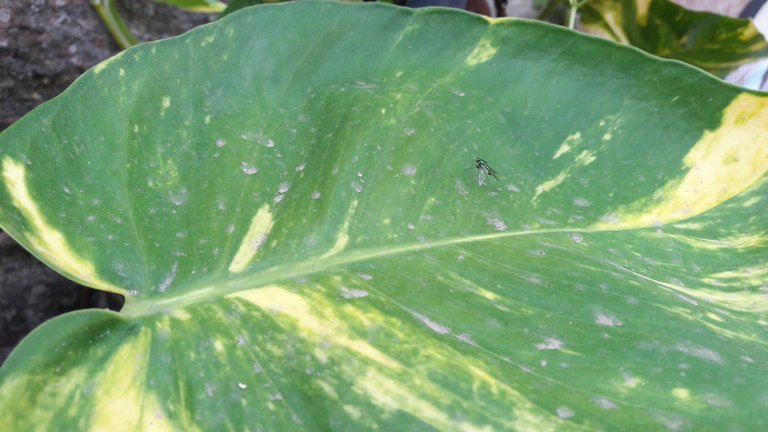
Green mosquitoes have been developed by an Australian Research Team. They play a very specific role in sterilizing the Dengue virus in an infected mosquito.
Yes, you read it right, Green Mosquitoes are mosquitoes infected by Wolbachia bacterial parasite. What this Wolbachia does is it shortens the life of Fruit Flies. The team thought that if it would do the same to Dengue mosquitoes, it would kill the parasite even before its virus develops and therefore injected this bacteria into the mosquitoes.
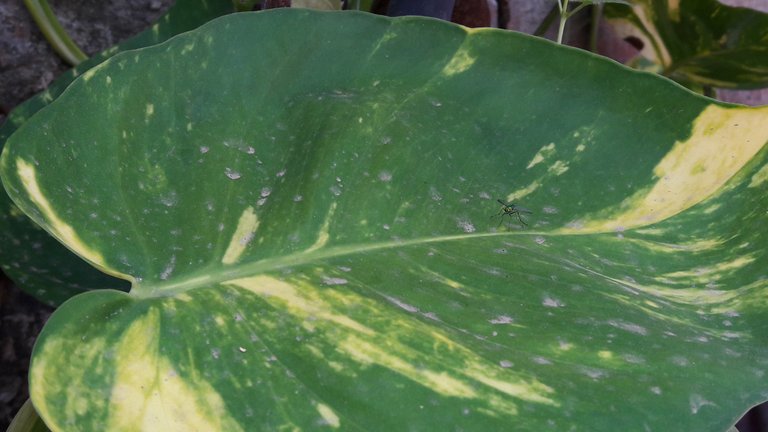
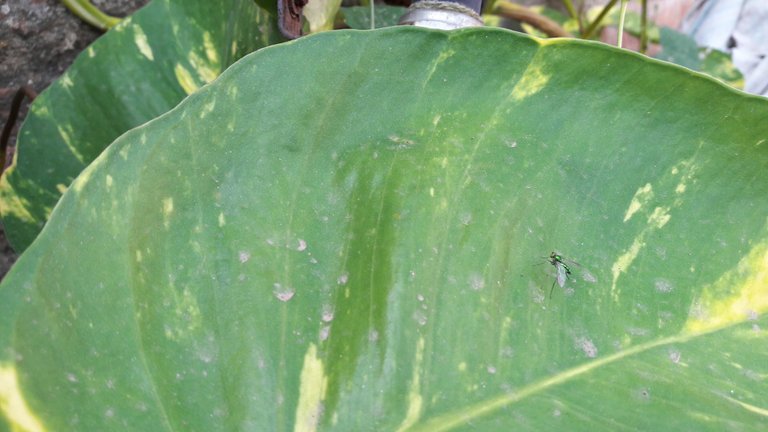
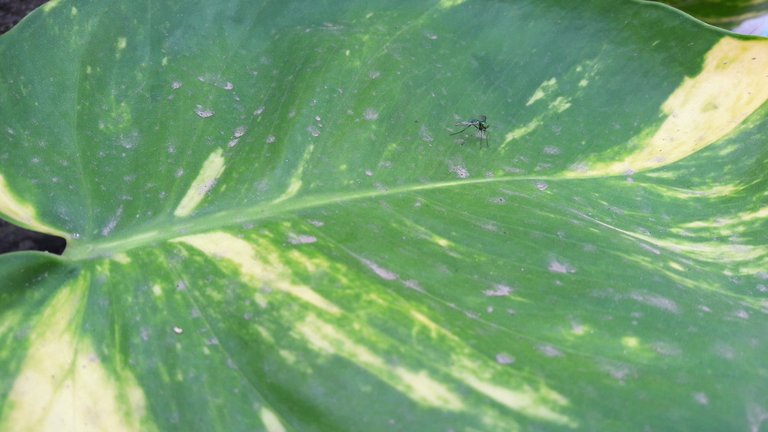
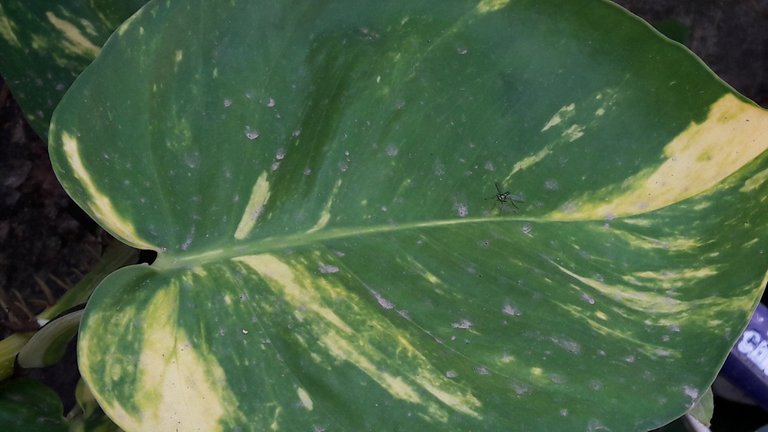
This concept failed until the bacteria was kept with mosquito cells for three years, the bacteria accepted the cells as their host and took control over the cells.
This strain now has a taste for mosquitoes, and hence affects the mosquitoes, making them live only for half their lives. Hence the virus does not mature.
If a female mosquito mates with a Wolbachia-Carrier male, it gets sterile but its eggs may be carrying the disease.
And therefore green mosquitoes do not pass on dengue to your body.
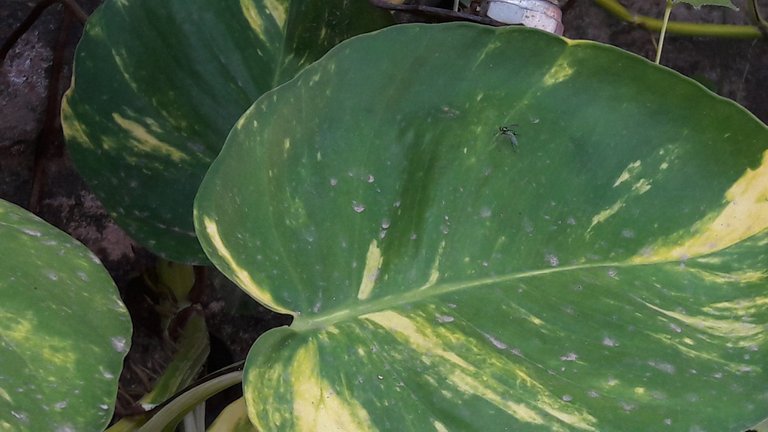
ABOUT MOSQUITOES
Few animals on Earth evoke the antipathy that mosquitoes do. Their itchy, irritating bites and nearly ubiquitous presence can ruin a backyard barbecue or a hike in the woods. They have an uncanny ability to sense our murderous intentions, taking flight and disappearing milliseconds before a fatal swat. And in our bedrooms, the persistent, whiny hum of their buzzing wings can wake the soundest of sleepers.
Disease Transmission
Beyond the nuisance factor, mosquitoes are carriers, or vectors, for some of humanity’s most deadly illnesses, and they are public enemy number one in the fight against global infectious disease. Mosquito-borne diseases cause millions of deaths worldwide every year with a disproportionate effect on children and the elderly in developing countries.
There are more than 3,000 species of mosquitoes, but the members of three bears primary responsibility for the spread of human diseases. Anopheles mosquitoes are the only species known to carry malaria. They also transmit filariasis (also called elephantiasis) and encephalitis. Culex mosquitoes carry encephalitis, filariasis, and the West Nile virus. And Aedes mosquitoes, of which the voracious Asian tiger is a member, carry yellow fever, dengue, and encephalitis.
Mosquitoes transmit disease in a variety of ways. In the case of malaria, parasites attach themselves to the gut of a female mosquito and enter a host as she feeds. In other cases, such as yellow fever and dengue, a virus enters the mosquito as it feeds on an infected human and is transmitted via the mosquito’s saliva to a subsequent victim.
Bloodsucking
Mosquitoes use exhaled carbon dioxide, body odours and temperature, and movement to home in on their victims. Only female mosquitoes have the mouth parts necessary for sucking blood. When biting with their proboscis, they stab two tubes into the skin: one to inject an enzyme that inhibits blood clotting; the other to suck blood into their bodies. They use the blood not for their own nourishment but as a source of protein for their eggs. For food, both males and females eat nectar and other plant sugars.
Impact on the Ecosystem
The only silver lining to that cloud of mosquitoes in your garden is that they are a reliable source of food for thousands of animals, including birds, bats, dragonflies, and frogs. In addition, humans are actually not the first choice for most mosquitoes looking for a meal. They usually prefer horses, cattle, and birds.
Population Control
All mosquitoes need water to breed, so eradication and population-control efforts usually involve removal or treatment of standing water sources. Insecticide spraying to kill adult mosquitoes is also widespread. However, global efforts to stop the spread of mosquitoes are having little effect, and many scientists think global warming will likely increase their number and range.
Only female mosquitoes bite. Both male and female feed mainly on fruit and plant nectar, but the female also needs the protein in blood to help her eggs develop. Once she's had her fill with blood, she'll rest for a couple of days before laying her eggs.
There are more than 3,500 species of mosquitoes. About 175 of them are found in the United States, with the Anopheles quadrimaculatus, Culex pipiens, Aedes aegypti and Aedes albopictus (Asian tiger mosquito) among the most common. The Anopheles is a malaria carrier, and the other three are known to spread various forms of encephalitis.
West Virginia has the fewest species of mosquitoes. There are 26 in the mountainous state, while Texas has the most with 85. Florida is a close second with 80 identified species.
Mosquito is Spanish for “little fly.” The word reportedly originated in the early 16th century. In Africa, New Zealand and Australia, mosquitoes are often called “Mozzies”
Mosquitoes don't have teeth. The females “bite” with a long, pointed mouthpart called a proboscis. They use the serrated proboscis to pierce the skin and locate a capillary, then draw blood through one of two tubes.
A mosquito can drink up to three times its weight in blood. Don't worry, though. It would take about 1.2 million bites to drain all the blood from your body.
Female mosquitoes can lay up to 300 eggs at a time. Usually, the eggs are deposited in clusters – called rafts – on the surface of stagnant water, or they are laid in areas that flood regularly. Eggs can hatch in as little as an inch of standing water. Females will lay eggs up to three times before they die.
Mosquitoes spend their first 10 days in water. Water is necessary for the eggs to hatch into larvae, called wigglers. Wigglers feed on organic matter in stagnant water and breathe oxygen from the surface. They develop into pupae, which do not feed and are partially encased in cocoons. Over several days, the pupae change into adult mosquitoes.
Mosquitoes hibernate. They are cold-blooded and prefer temperatures over 80 degrees. At temperatures less than 50 degrees, they shut down for the winter. The adult females of some species find holes where they wait for warmer weather, while others lay their eggs in freezing water and die. The eggs keep until the temperatures rise, and they can hatch.
The average mosquito lifespan is less than two months. Males have the shortest lives, usually 10 days or less, and females can live about six to eight weeks, under ideal conditions. The females lay eggs about every three days during that time. Females of species that hibernate may live up to six months.
Congratulations @news90! You have completed the following achievement on the Steem blockchain and have been rewarded with new badge(s) :
<table><tr><td><img src="https://images.hive.blog/768x0/https://steemitimages.com/60x70/http://steemitboard.com/@news90/votes.png?201909120641" srcset="https://images.hive.blog/768x0/https://steemitimages.com/60x70/http://steemitboard.com/@news90/votes.png?201909120641 1x, https://images.hive.blog/1536x0/https://steemitimages.com/60x70/http://steemitboard.com/@news90/votes.png?201909120641 2x" /><td>You distributed more than 100 upvotes. Your next target is to reach 200 upvotes. <p dir="auto"><sub><em>You can view <a href="https://steemitboard.com/@news90" target="_blank" rel="noreferrer noopener" title="This link will take you away from hive.blog" class="external_link">your badges on your Steem Board and compare to others on the <a href="https://steemitboard.com/ranking/index.php?name=news90" target="_blank" rel="noreferrer noopener" title="This link will take you away from hive.blog" class="external_link">Steem Ranking<br /> <sub><em>If you no longer want to receive notifications, reply to this comment with the word <code>STOP <h6><a href="https://v2.steemconnect.com/sign/account-witness-vote?witness=steemitboard&approve=1" target="_blank" rel="noreferrer noopener" title="This link will take you away from hive.blog" class="external_link">Vote for @Steemitboard as a witness to get one more award and increased upvotes!Thanks for this knowledgeable thing,
you have done great work.
Hi! I am a robot. I just upvoted you! I found similar content that readers might be interested in:
https://www.nationalgeographic.com/animals/invertebrates/group/mosquitoes/
thanks for it